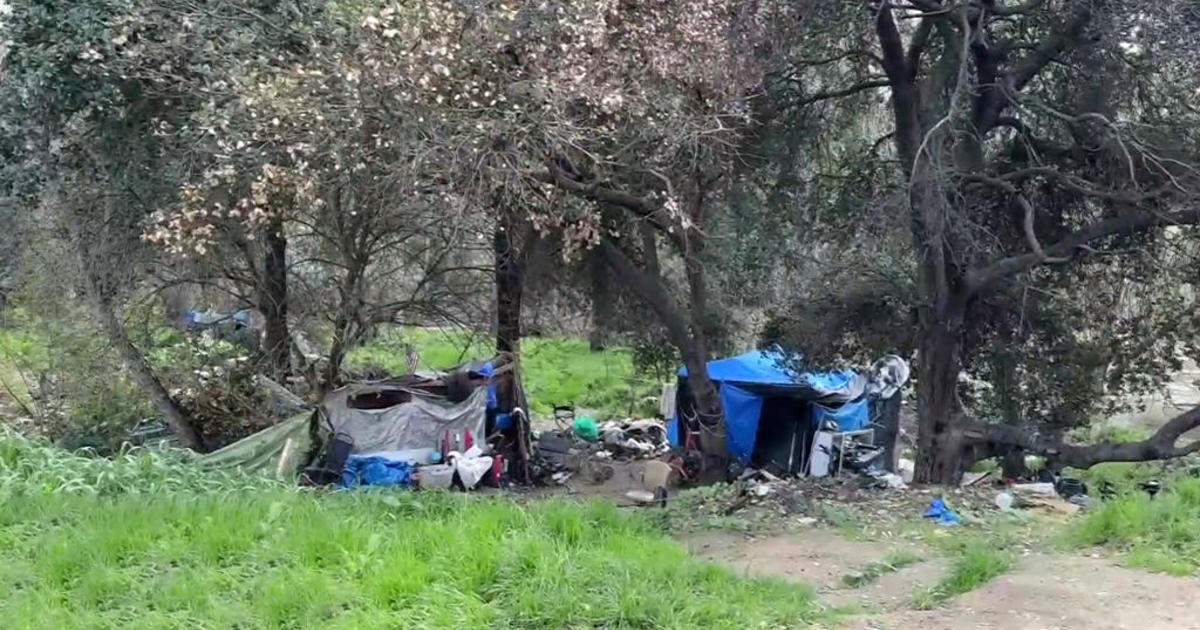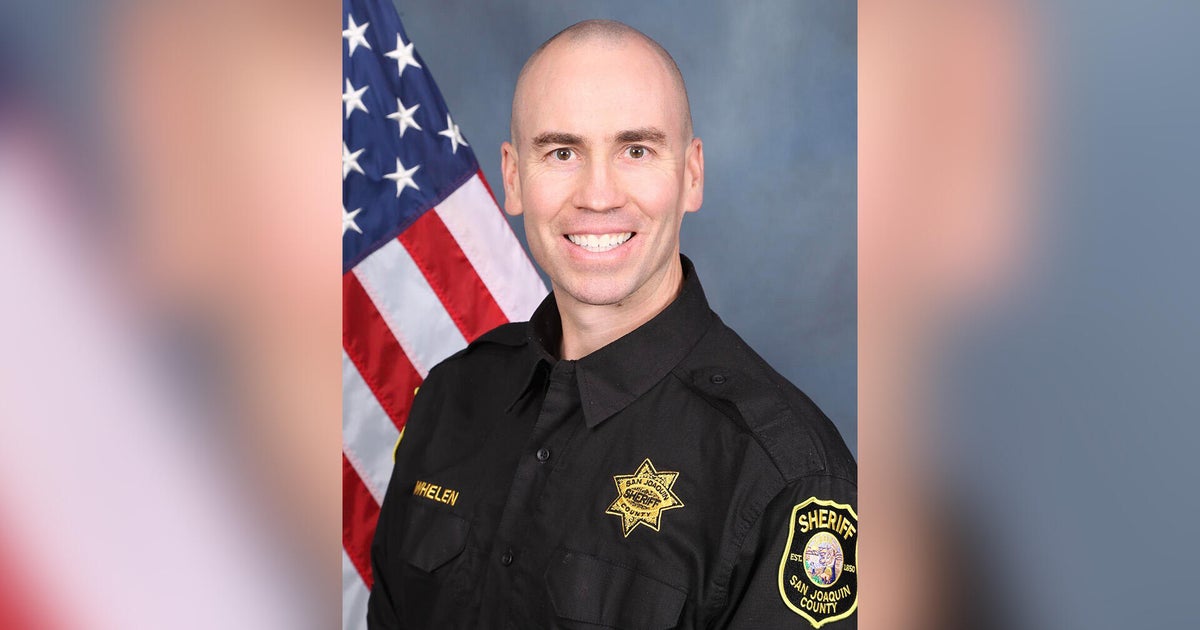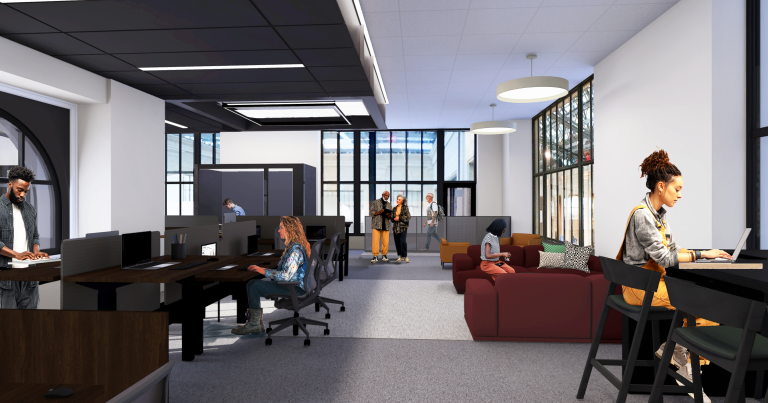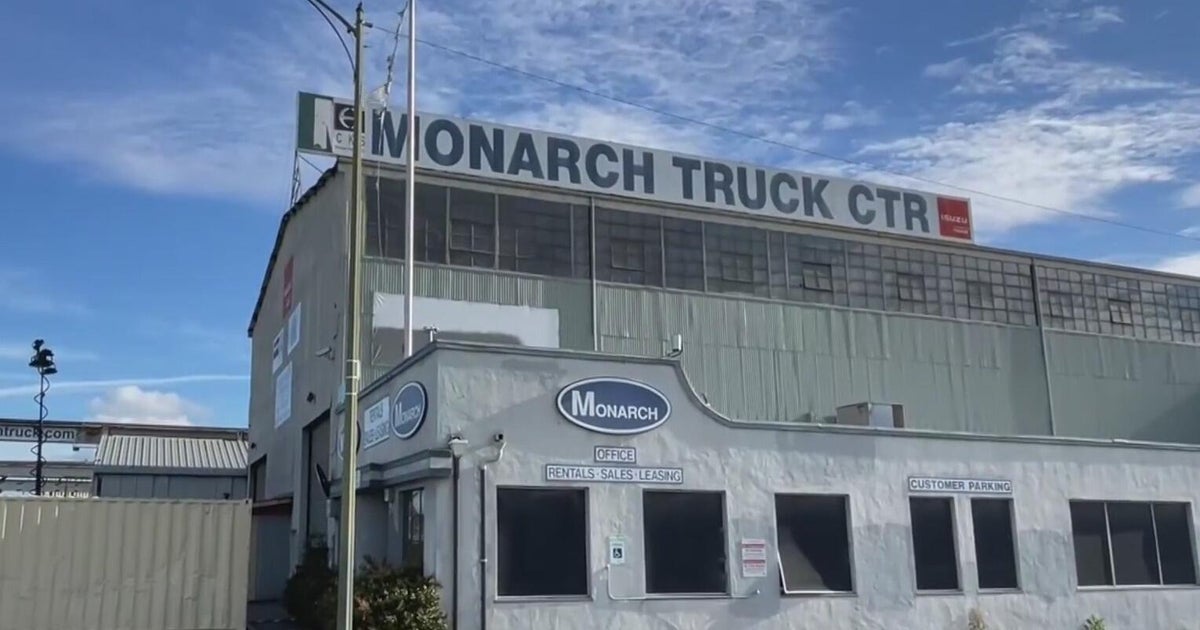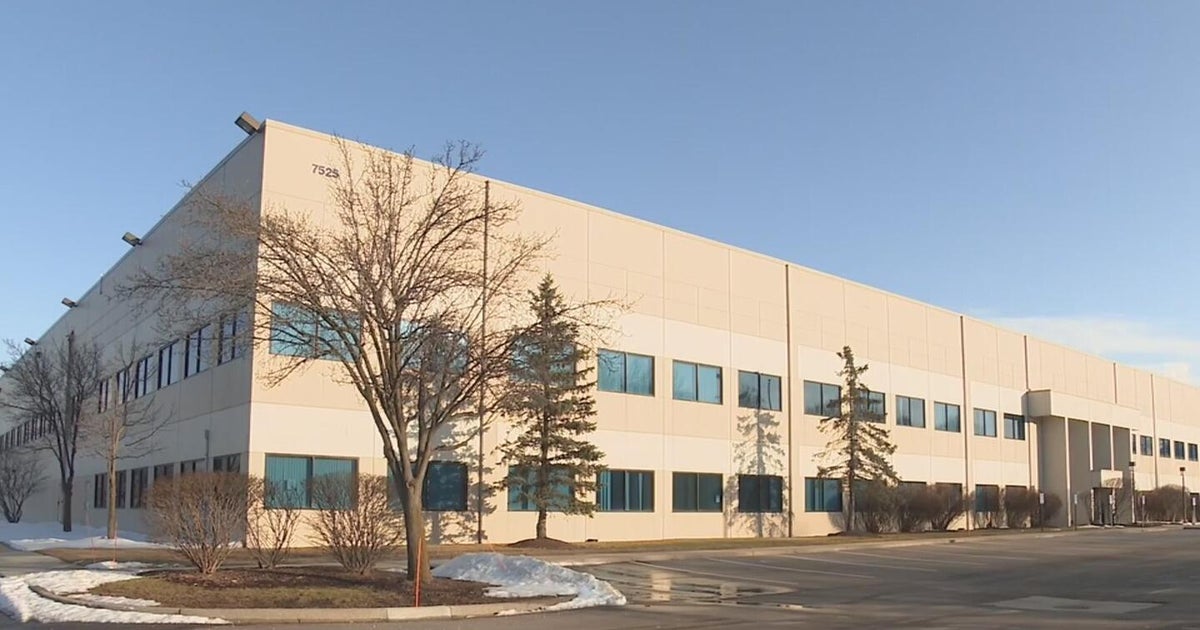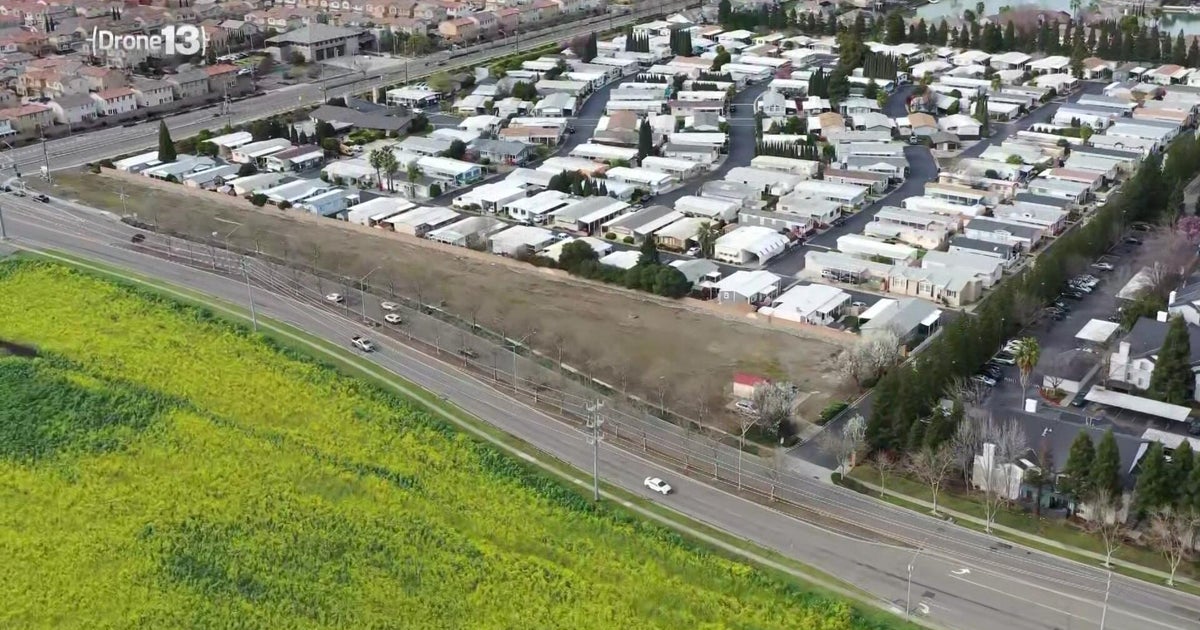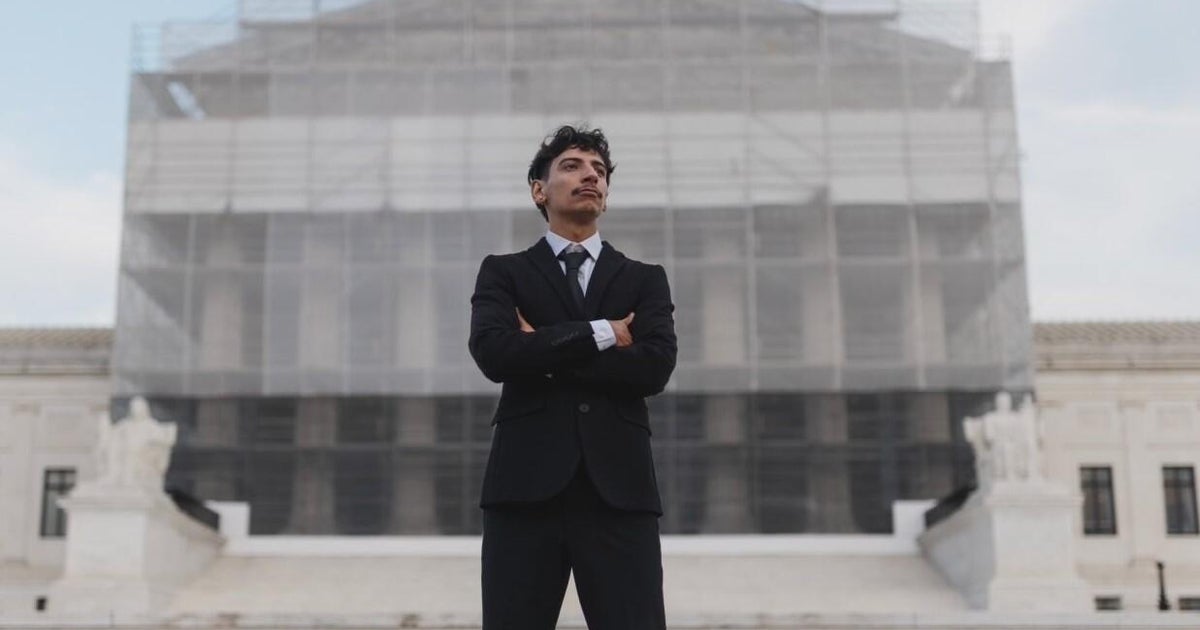San Jose Drastically Limits Pot Clubs To 10
SAN JOSE (KCBS) – The San Jose City Council Tuesday approved a motion that would slash the city's medical marijuana collectives to 10, taking another step forward in a prolonged and convoluted regulation process.
San Jose currently has an estimated 125 dispensaries.
Pot club owners in San Jose are now scrambling to submit applications to the city to be one of only 10 clubs allowed to legally operate. Many say the new regulations are causing confusion in the medical marijuana community.
Founder of The All American Cannabis Club, Dave Hodges said that the trickiest stipulation is that the clubs grow their own marijuana on site.
"The concept of a large-scale facility to be able to serve the 100,000 people that you would need to be able to serve, is something that I don't feel comfortable doing," said Hodges. "It's just too big. It's something that would incite the feds."
Medical marijuana is still illegal under federal law.
Meanwhile, San Jose Mayor Chuck Reed said that he knows working out the details of the city's new pot club limit isn't going to be easy, and he welcomes debate and litigation.
KCBS' Holly Quan and Matt Bigler Report:
Several key issues that the council could not agree upon at its meeting last week were brought up, among them being a figure to cap the city's collectives.
At Tuesday night's city council meeting, Vice Mayor Madison Nguyen proposed a motion to limit the collectives to 10, to which numerous amendments were made by the rest of the council. The final motion was approved 6-5.
Some councilmembers who voted against the proposal said capping the number at 10 was arbitrary and not based on patient need. Others favored an outright ban, noting that marijuana remains illegal under federal law.
Those who voted against the motion were Councilmen Ash Kalra, Pierluigi Oliverio, Donald Rocha, Xavier Campos, and Kansen Chu.
Each had his reasons. Kalra said he could not support a cap of 10 because it was not based on an "informed decision."
Campos said he would rather have the federal government create regulations.
"The Feds need to grab hold of this, so we can actually have pharmacies that can dispense the medication," Campos said.
Councilman Sam Liccardo recommended limiting the collectives to no more than two per district, and also to restrict the collectives from operating in sensitive retail areas, such as ground floor, downtown, and pedestrian-oriented retail areas, like the Westfield Valley Fair or Eastridge malls.
Mayor Reed's suggestion was to incorporate checking for misdemeanor convictions as part of the background check on collective operators, amending Nguyen's motion recommending that only felony convictions be considered.
Councilman Pete Constant suggested that the guidelines be sent to the office of the U.S. Attorney for the Northern District of California for review and to ensure that the regulations do not result in liabilities for the city.
Finally, Councilwoman Rose Herrera recommended that cultivation be kept on-site, as was originally recommended by the city manager's office.
Prior to the vote, City Attorney Rick Doyle said he had met with Santa Clara County District Attorney Jeff Rosen over the past week.
"(Rosen) feels strongly [that] this is necessary for law enforcement to have some kind of control," Doyle said.
Once again, the council was divided on the process of selecting the collectives. The options being considered include a first come, first served process, a lottery selection and a ranking system.
Last week, the council voted on establishing zoning districts for the collectives, agreeing to allow the collectives to operate in industrial parks or commercial zoning districts.
Following that meeting, Councilwoman Nancy Pyle proposed enacting a ban on all facilities if the council could not agree upon a regulatory framework at the meeting Tuesday, and Chu had proposed referring the regulation matter to the county, adopting an interim ban in the meantime.
(© 2011 CBS Broadcasting Inc. All Rights Reserved. This material may not be published, broadcast, rewritten, or redistributed.)
